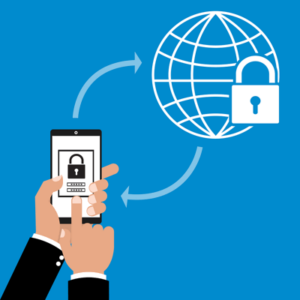 There are two main trains of thought when it comes to discussing the use of a Virtual Private Network (VPN). One of them is, ‘if you haven’t done anything wrong, what have you got to hide?’ The other states that the government and internet providers can’t be trusted, so any step that you can take to hide your information from them is sensible and useful in this day and age.
There are two main trains of thought when it comes to discussing the use of a Virtual Private Network (VPN). One of them is, ‘if you haven’t done anything wrong, what have you got to hide?’ The other states that the government and internet providers can’t be trusted, so any step that you can take to hide your information from them is sensible and useful in this day and age.
VPNs can also be used to make it look like you’re somewhere in the world that you’re not, which is why many people previously used them to access American Netflix shows when they were in England, for example.
There’s a myriad of reasons why a VPN might be a useful addition to your life, but there are just as many things that you’ll need to think about before taking out a subscription and using one. One of the chief things that many bettors might be asking themselves is whether or not placing a wager through a VPN is illegal or whether this practice should be avoided.
After all, betting companies will ask you to prove that you’re in the United Kingdom (or the territory where you live) when you open up their app or website and try to place a bet. As betting sites are only licensed to operate in certain regions, and often under different rules, they
On this page we’ll have a look at what VPNs are, how you can use them and whether or not they’re something that you’ll want to add to your arsenal before placing a series of wagers.
What Is A VPN?
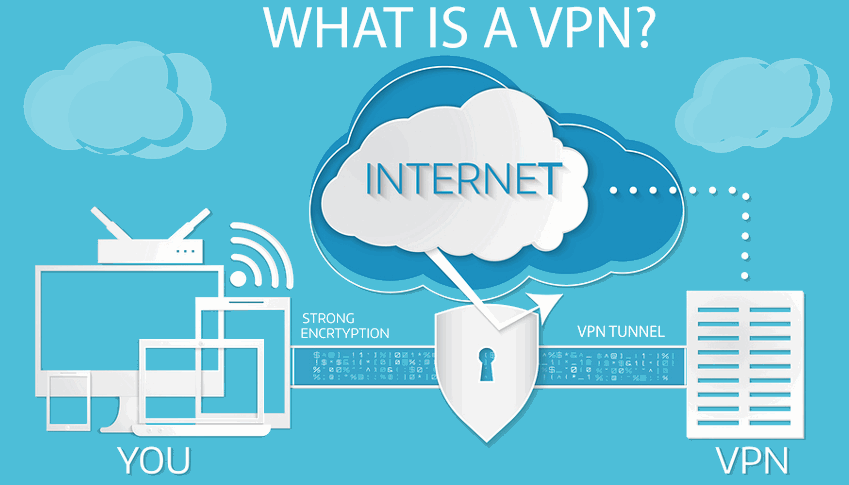
As stated in the introduction, the acronym ‘VPN’ stands for ‘Virtual Private Network’. It is, in essence, a simple way to add an extra layer of security to all of your dealings on the internet. Whether you use the internet at home on your own network, at work on one set up by the tech geeks, or out and about on public Wi-Fi, using a VPN can disguise your internet traffic from the Internet Service Provider you use.
The way a VPN works is by connecting remote sites to each other over the public internet via a ‘tunnel’. This ‘tunnel’ is a secure portal that links your computer to websites in a manner that stops anyone else knowing where you’re visiting. They can even make it look as if you’re in an entirely different country, hence the earlier comment about people in the UK using one to make it looks as though they’re in America in order to watch the American Netflix catalogue. It’s about as a secure a way as there is for you to access the internet and disguise what it is that you’re doing.
One thing to bear in mind is that it will only help you disguise your activity if you haven’t already got any malware on your computer. You can install as many apps and misdirection techniques as you want, from VPNs to proxies to private tabs, but if you’ve previously downloaded some malware that gives a foreign agent access to your computer then they’ll still be able to see everything that you get up to. The best thing to do is to make sure that you’ve got some excellent anti-virus software that can thoroughly scan your computer in order to check for any such malware and then help you to delete it.
Why Do You Need To Use A VPN?
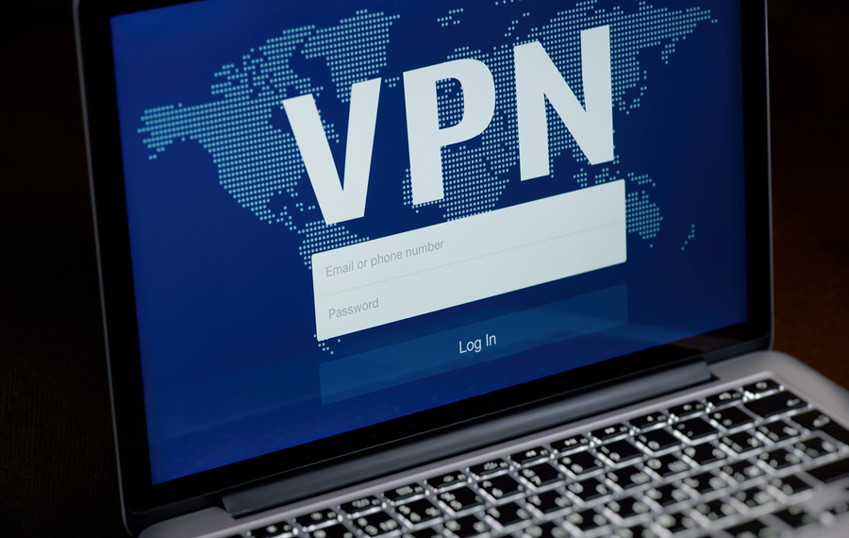
There are any number of reasons why you might want to use a Virtual Private Network, with the most obvious being the aforementioned desire to keep your online activity safe. There’s a temptation to think that only people who are up to no good would want to keep themselves invisible online, but that’s simply not true. How would you feel about emails that you’ve sent in haste or anger becoming visible to the whole world? Ones in which you’ve been critical of your other half or had stern words to say about one of your work colleagues? Keeping your internet browser history to yourself can avoid the possibility of such things happening.
Many companies also set up VPNs in order to allow their staff to go anywhere in the world and tap straight into the company’s intranet in a secure and safe manner. Given the ever-changing nature of cyber security and the increasing possibility of the likes of industrial espionage or even just some information that needs to stay private and safe falling into the wrong hands, it makes sense that even the smallest firm might want to take precautions to help its staff access everything they need to when out and about. The sort of public internet access you’re able to get onto in a hotel or coffee shop is about as unsafe it’s possible to be, so making sure that you’re protected against someone being able to view what you’re looking at when using it can be crucial.
The other big reason for using a VPN is to give both your computer and the site you’re accessing the idea that you’re in a different place from where you actually are. This can be useful if you’re trying to do something like access restricted content from a country where they don’t let you do so, telling the site that you’re in Maidenhead when you’re really in Melbourne, for example. Yet using it for entertainment purposes is only one strand of why you might want to employ a Virtual Private Network to spoof your location. The use that we’re obviously most interested in here is gaining access to betting applications that normally require you to be in your home country to use them. The big question is, is it legal to do so?
Is It Illegal To Use A VPN?
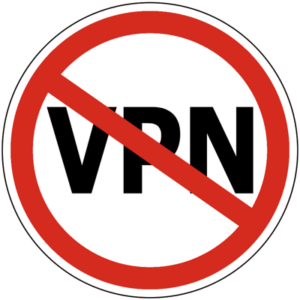 The first thing to say about using a Virtual Private Network is that they are safe to use and, in most cases, entirely legal. We say ‘in most cases’ because there are some countries that have banned the use of VPNs entirely.
The first thing to say about using a Virtual Private Network is that they are safe to use and, in most cases, entirely legal. We say ‘in most cases’ because there are some countries that have banned the use of VPNs entirely.
Given that a VPN can allow you to access sites that might occasionally be banned, such as Facebook, Twitter or Snapchat, it’s not entirely surprising that it’s the more authoritarian nations that have clamped down on their usage.
We’re talking about the likes of North Korea, China and Russia – places where the state wants to control as much of what it’s citizens can access and do online as possible.
Obviously there are hundreds of countries around the world, so we’re not going to list everyone here. We will, however, put a list of the countries where it is currently illegal to use a VPN. If a country isn’t on this list then it’s fair to assume that it’s legal to use a Virtual Private Network there:
- China
- Iran – The only ‘legal’ VPNs are registered with the government
- Iraq
- North Korea – Only certain VPNs are allowed
- Oman – It’s not ‘illegal’ to use a VPN here, but most providers are blocked
- Russia – VPN websites are blocked, though VPN traffic is allowed
- Turkey – It’s not illegal to use a VPN, but many of the VPN sites are blocked
- Turkmenistan – It’s not clear whether VPNs are blocked here, but Turkmenistan is one of the most heavily censored countries in the world when it comes to internet access
- United Arab Emirates – VPNs are only illegal ‘if used to commit a crime’
Two of the most interesting countries when it comes to Virtual Private Networks are the United Kingdom and the United States of America. In the UK, VPN usage is entirely legal. However, VPN companies may be forced to give access to the government because of the Investigatory Powers Act. There have also been internet carriers in the past that have blocked some VPNs.
In the US, meanwhile, they are also legal but potentially subject to monitoring by the FBI and NSA etc. Since the Senate Joint Resolution 34 was introduced, overturning an Obama-era FCC rule, ISPs are now allowed to monitor what you do depending on the state you’re in.
Are You Allowed To Use A VPN To Bet and Gamble?
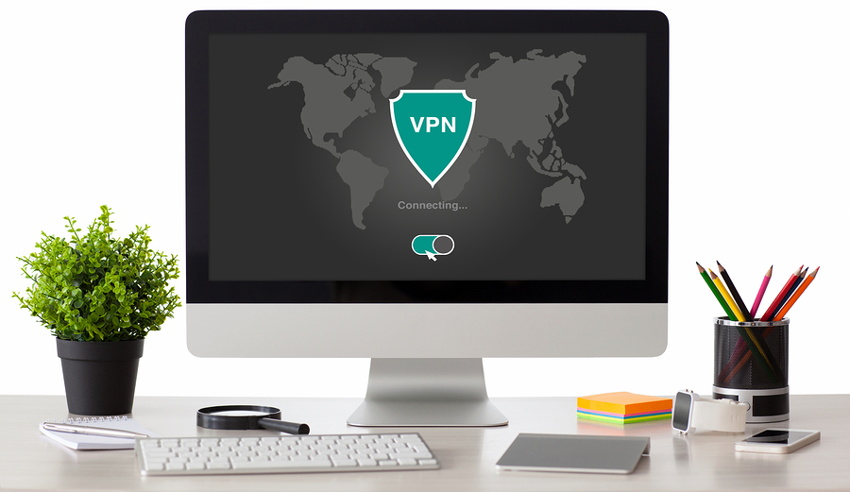
Knowing which countries consider the use of a Virtual Private Network to be legal and which ones don’t is only half of the battle, of course. The main question that still needs answering is whether or not it’s legal to actually place bets whist using a VPN. The answer to that is, as you might imagine given the rest of the topic, slightly complicated.
The first thing to bear in mind is that you have to live in a country where it is legal to gamble online. That’s a complex topic in and of itself, with some countries being more lenient than others when it comes to having a flutter over the internet. It’s important, therefore, for you to have an account in a country where it’s legal for that company. It’s also worth noting that every country you’re in will have its own rules regarding betting, so it might not matter that you live in England and have an account there if you’re in a country where you’re not allowed to gamble. That becomes even more complicated if you’re in America, given that different states will have different rules.
In other words, even if you’re from a country where online gambling is legal and you have an account there, you’ll still be breaking the law of the country you’re in if you use a Virtual Private Network to circumnavigate their rules. Given that the best VPNs allow you to select the country you want to tell you’re network that you’re located ‘in’, you can ‘spoof’ your location to trick the betting company that might otherwise block you from placing wagers. The problem with that is, as mentioned, that you could still get into trouble with the government of the nation you’re in when placing your bets.
Betting Site Rules On Using VPN’s
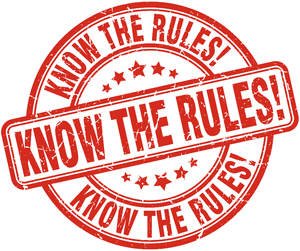 From the betting sites point of view they often do not care what reasons you are using a VPN for, if they catch you betting using one they will likely terminate or at least limit your account. Most of the gambling companies you sign up with will have terms stating you cannot use a VPN to conceal your identity and many now employ software to try to spot those repeatedly using VPN’s.
From the betting sites point of view they often do not care what reasons you are using a VPN for, if they catch you betting using one they will likely terminate or at least limit your account. Most of the gambling companies you sign up with will have terms stating you cannot use a VPN to conceal your identity and many now employ software to try to spot those repeatedly using VPN’s.
It’s not just masking the country you are in that concerns online bookmakers and casinos, they also know that VPN’s can be used to conceal I.P. addresses helping users to sign up under several aliases. This trick is often to claim multiple welcome bonuses and falls under the category of ‘bonus abuse’.
In basic terms while you may get away with using a VPN on occasion it is not allowed with the vast majority of betting sites. If you are using a VPN because you are abroad and you don’t want to miss a bet or an offer then you will possibly get away with this on occasion, anyone betting on a regular basis using a VPN, especially from a restricted territory will likely be banned if caught.
Even if gambling is legal in the country where you are trying to access the site from the gambling laws will likely be different. Let’s take an example where you have an account with a bookie or casino in say the UK and they also operate in Spain. You happen to be in Spain and want to place a bet but you can’t login to the Spanish version of the site using your existing credentials, this is likely because they gambling laws are different and this would require you therefore to open a new Spanish account. The issue now is to open an account in Spain you would need to be a resident, therefore many people would use a VPN to access the UK site pretending they are in the UK and this is not allowed.
Trying To Place A Bet Using A VPN
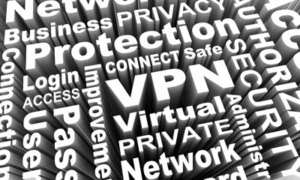 If you are in a country where betting online is illegal, like the US for example, and you attempt to access one of your online accounts then you’ll likely get a notification that says something like ‘You are not permitted to access this service from the country that you are in’.
If you are in a country where betting online is illegal, like the US for example, and you attempt to access one of your online accounts then you’ll likely get a notification that says something like ‘You are not permitted to access this service from the country that you are in’.
That will be either because the country doesn’t allow betting, the company you’re trying to use won’t allow you to bet from outside your home nation or because the company has been banned from operating by the country you’re in for some other reason, even though online gambling itself is legal.
It is at that point that you’ll want to turn on your VPN, put yourself in a country where it is legal to gamble online and then place your bets. Before doing so, however, the most important thing to do is to ensure that you won’t be breaking any laws in doing it.
You’ll also want to check what the rules are with your betting company, given that some are quite specific about the use of VPNs to access their service. The last thing you want to do is place a winning bet and then discover that the betting site won’t pay out because you used a Virtual Private Network to do so.
How To Choose A VPN
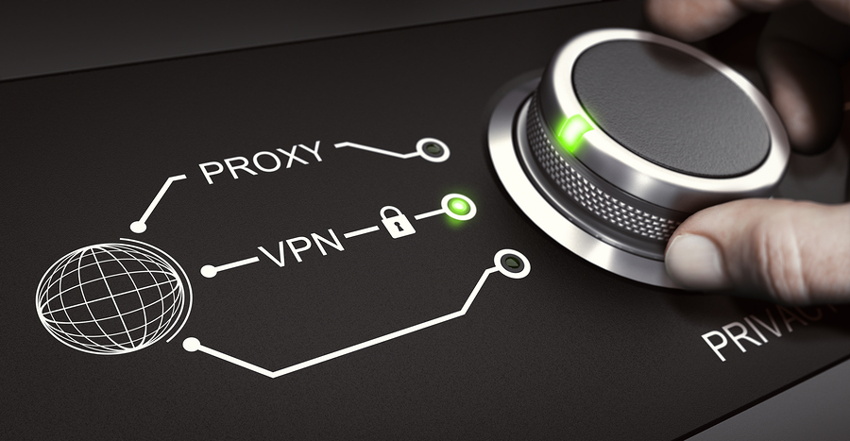
Let’s say you’ve done your research and are confident that it’s legal to use a VPN in the country that you find yourself in and online gambling is legal. You also know that the betting company you are signed up with is happy for you to access its service via a Virtual Private Network, provided you’re based in a country where they offer their services and have your account there and are only visiting the other country.
The final question you need to ask is what you should be looking for for a VPN provider. When it comes to betting online, the following qualities are arguably the most important:
- Do they have a good reputation? Have a look at review sites to establish this
- Do they log which sites you visit?
- Some companies only offer the most basic protocols, but ones with added layers of security are worth looking out for
- Are they registered in a country that forces companies to share your data? If so, you might want to reconsider using them
- What payment methods do they allow? Some are more anonymous than others
You’ll always be best off avoiding the free VPN providers, as tempting as they might be to use for your cashflow. They’ll always be more likely to make their money in other ways, perhaps by selling your details on to less reliable third parties. As with every aspect of using a Virtual Private Network, doing as much research as you can will put you in the best possible situation moving forward.